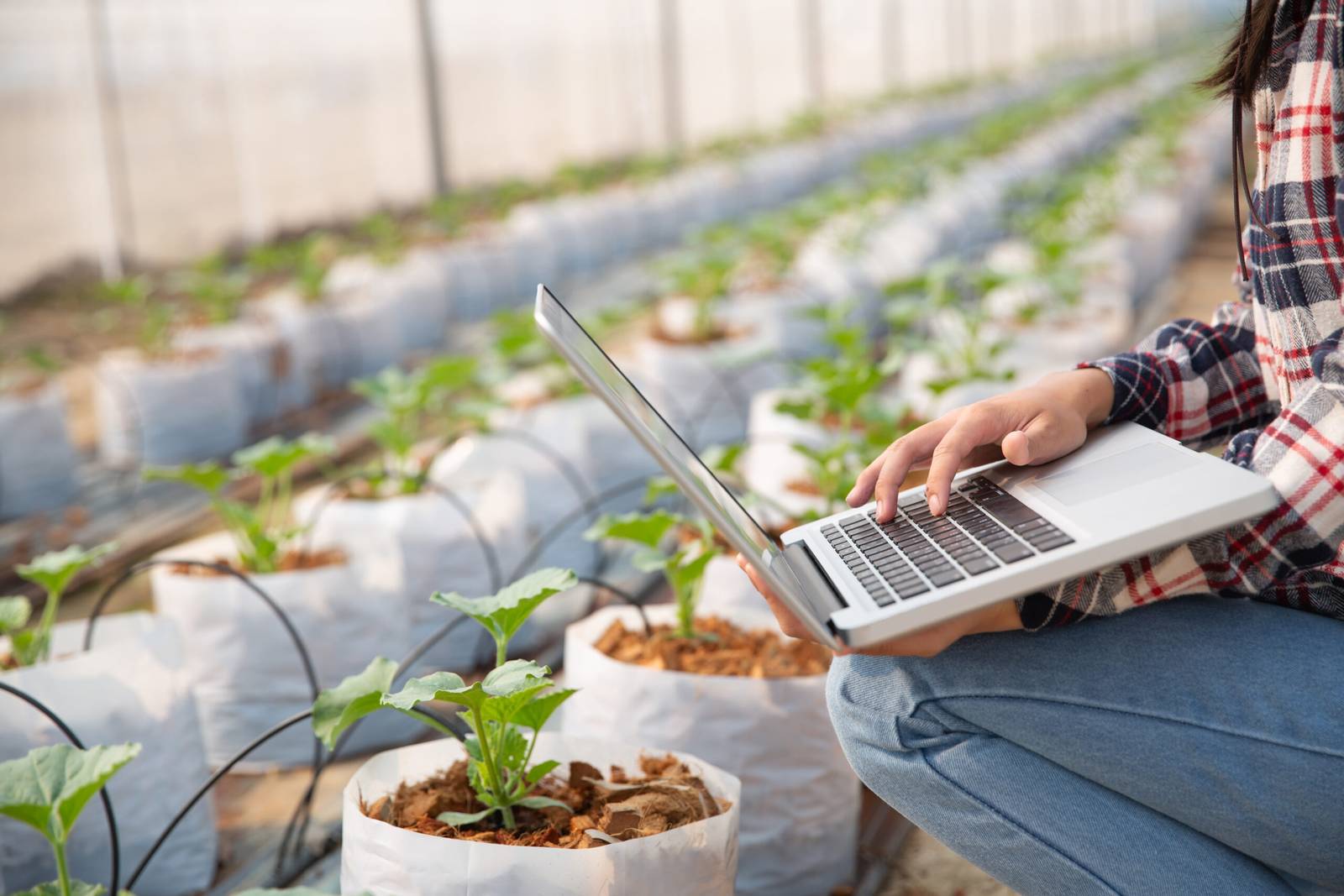Tech in Agriculture: Precision Farming and Sustainability

by Web Digital
Agriculture is undergoing a technological revolution, and the impact of tech in the sector cannot be overstated. As the global population continues to grow, so does the demand for food, making it essential to produce more with fewer resources while minimizing the environmental impact. Precision farming, driven by a range of technological innovations, is at the forefront of this agricultural transformation. This article delves into the world of tech in agriculture, specifically focusing on precision farming, and how it is contributing to sustainable and efficient food production.
Precision Farming: A Paradigm Shift
Precision farming, also known as precision agriculture, is a farming approach that leverages technology to optimize various aspects of crop and livestock management. It represents a significant shift from traditional farming practices by using data-driven insights and technology tools to make informed decisions. The core principle of precision farming is to apply the right input, such as water, nutrients, and pesticides, in the right amount, at the right time, and in the right place.
Data-Driven Tech in Agriculture
At the heart of precision farming is data collection and analysis. Farmers are now using a variety of tools such as sensors, drones, satellite imagery, and GPS technology to gather data on their fields. This data can include information on soil health, moisture levels, temperature, crop growth, and pest infestations. With the help of specialized software, farmers can interpret this data to make data-driven decisions about their farming operations.
Improved Resource Management
One of the key benefits of precision farming is the efficient use of resources. By analyzing soil data, farmers can determine the precise nutrient requirements of their crops. This enables them to reduce fertilizer usage, which not only saves money but also prevents nutrient runoff and its associated environmental impacts.
Similarly, precise irrigation systems can monitor soil moisture levels and deliver water where and when it is needed, reducing water wastage. Efficient irrigation not only conserves water but also enhances crop yields.
Crop Monitoring and Health
Tech in agriculture has enabled real-time monitoring of crop health and early detection of potential issues. Drones equipped with multispectral cameras can capture high-resolution images of fields, allowing farmers to identify areas of stress or disease in crops. Such early detection enables targeted interventions, reducing the need for broad pesticide applications.
Precision Livestock Management
Precision farming is not limited to crop production; it also extends to livestock management. Technology is used to monitor the health and well-being of animals. For example, sensors can track the location and behaviour of cattle, ensuring they are healthy and not stressed. Monitoring tools can also help optimize feeding regimens, ensuring animals receive the right amount of food to maximize growth and minimize waste.
Automation and Robotics
Automation and robotics have made their way into Tech in Agriculture, revolutionizing labour-intensive tasks. Autonomous tractors, for example, can plow fields, plant seeds, and harvest crops with precision. Robots are also being used in weeding, pruning, and even picking fruits, reducing the need for manual labour and increasing efficiency.
Sustainable Pest and Disease Management
Tech-driven solutions have also transformed pest and disease management in agriculture. Instead of blanket pesticide applications, precision farming uses data to identify the presence of pests or diseases and then applies treatment only where necessary. This targeted approach minimizes the environmental impact of pesticides and reduces production costs.
Connectivity and IoT
The Internet of Things (IoT) plays a critical role in precision farming. Connected devices and sensors are spread across fields and farms, providing real-time data to farmers and Tech in Agriculture professionals. These devices can be accessed remotely, allowing farmers to make decisions from anywhere with an internet connection. This connectivity enhances efficiency and reduces the need for physical presence on the farm.
Sustainability and Environmental Impact
The sustainability benefits of precision farming are substantial. By optimizing resource use, reducing waste, and minimizing the environmental impact of agriculture, precision farming aligns with the goals of sustainable agriculture. It helps conserve natural resources, reduces greenhouse gas emissions, and promotes soil and water quality.
Challenges and Adoption
While precision farming offers significant advantages, its adoption faces some challenges. Farmers must invest in the necessary technology, which can be a barrier for smaller operations. Additionally, there is a learning curve associated with using these new tools effectively. Farmers need to acquire the skills to interpret data and implement precision farming practices.
Conclusion
Tech in agriculture, particularly precision farming, is revolutionizing the way we produce food. It offers a path to more sustainable, efficient, and environmentally friendly agricultural practices. By harnessing the power of data, automation, and connectivity, farmers can optimize their operations and reduce resource usage while increasing productivity. As the world faces the challenge of feeding a growing population with limited resources, precision farming represents a beacon of hope for the future of agriculture. The continued integration of technology into farming practices is key to achieving a more sustainable and food-secure world.
Recommended Posts

Web Design Portfolio Tips for Canadian Freelancers
September 27, 2025

The Cost of SEO Services in Canada
September 27, 2025

How to Use Google Business Profile for Local SEO
September 26, 2025
